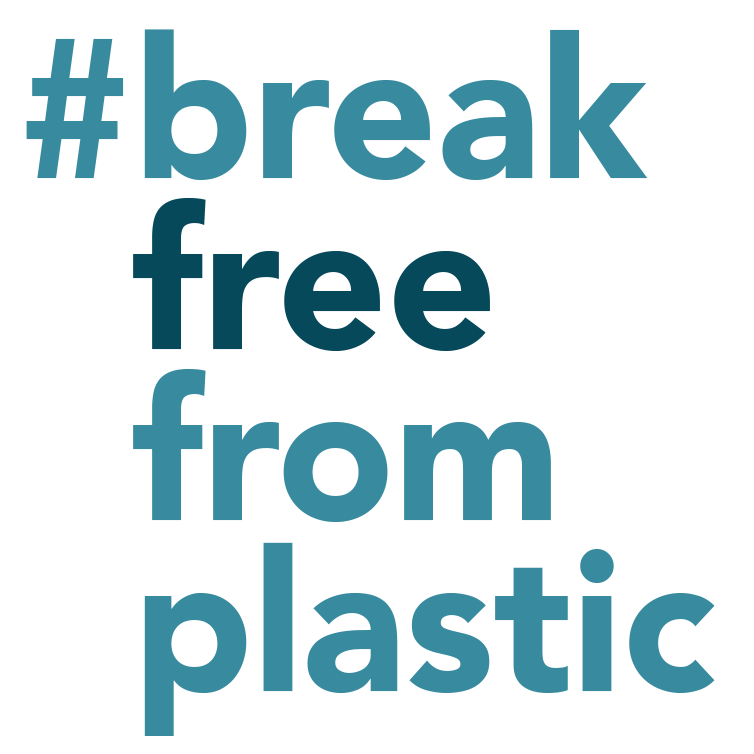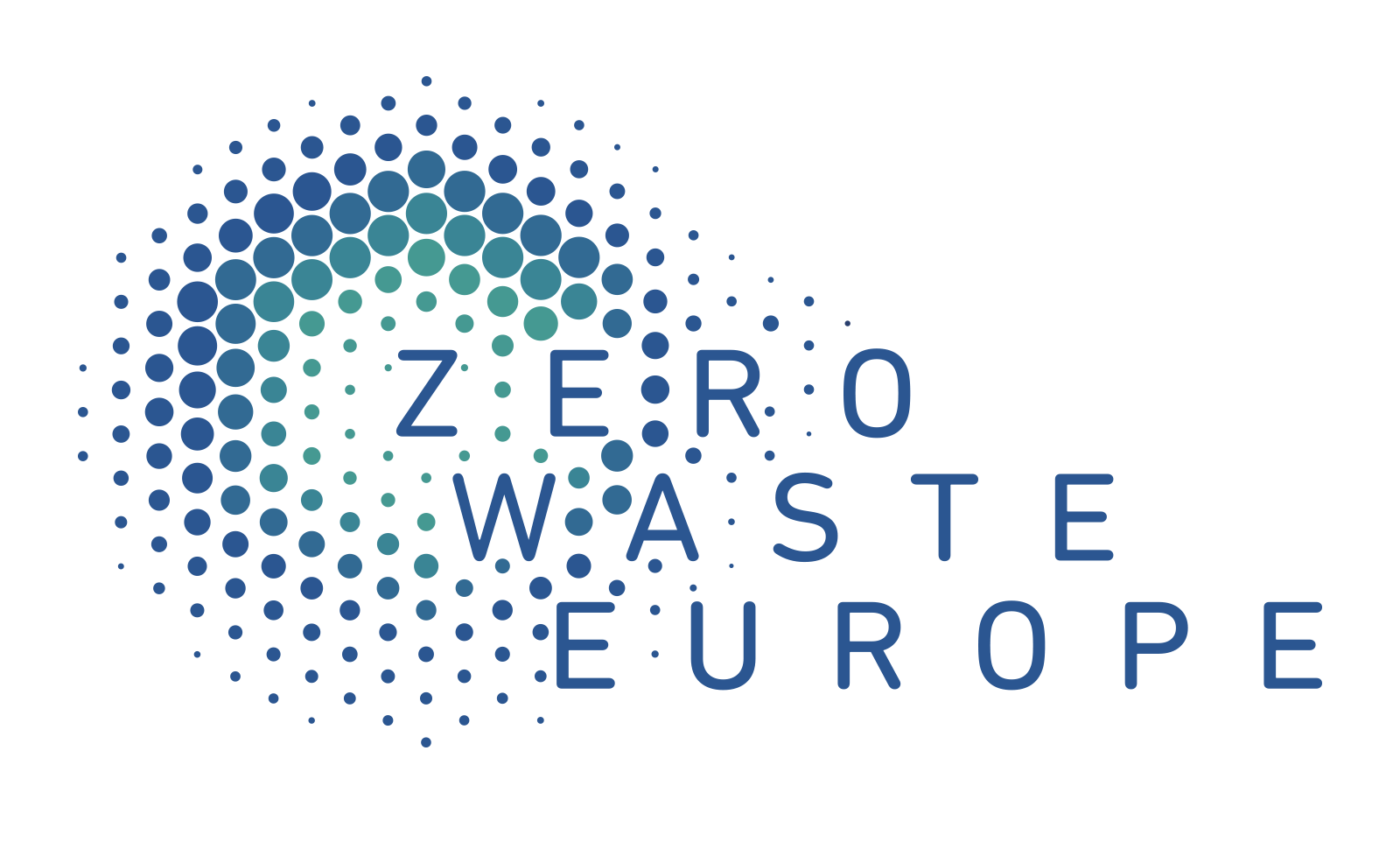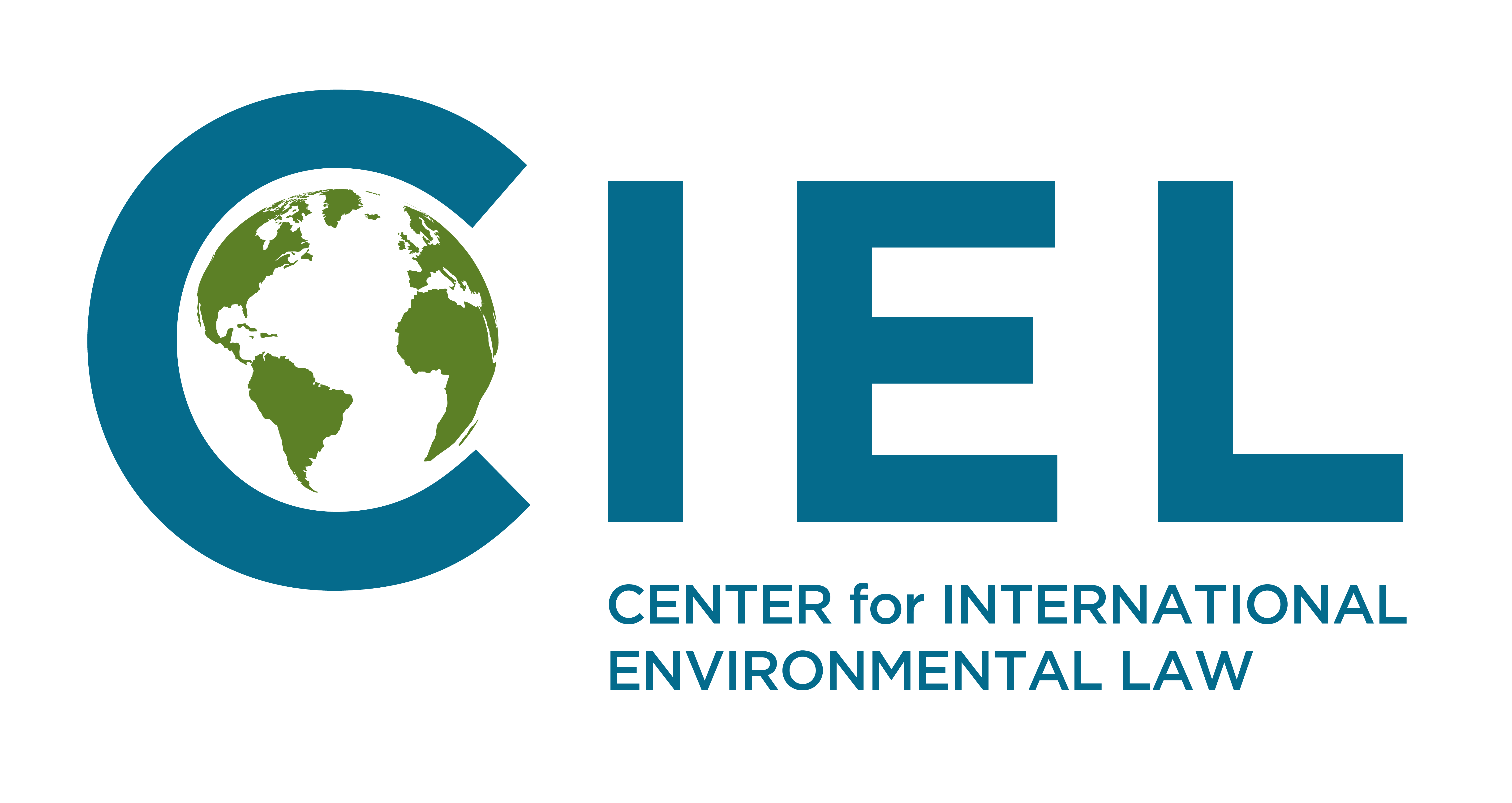The inherent problem with the global plastic waste trade
Plastic waste shipments have become an inconvenient truth that no one can ignore in a transition to a circular economy. In our recent panel on the Global Plastic Waste Trade, our guests spoke of the scale and impacts of such practices, and the opportunity for the European Union to develop the proper course of action through significant revisions to the EU Waste Shipment Regulation.
Four thousand kilometres away from the UK, panelist Dr. Sedat Gündoğdu, a microplastics researcher at Çukurova University in Turkey, splays out shiny crinkled packaging he picked up in an illegal dumping site and holds it up to his computer’s camera. For those attending our virtual Global Plastic Waste Trade panel on the other side of their screens, the provenance of this packaging isn’t hard to decode: a large British flag is boldly printed at the top of what was once a bag of crisps. Gündoğdu pulls up item after item, all from different parts of Europe. Most of what Gündoğdu pulls up are items that would have been diligently placed in recycling bins back home, and yet they are part of the 11.4 million tons of waste EU countries exported to Turkey in 2019 alone.
Turkey itself is the third largest producer of waste in Europe (after France and Germany) but can only officially manage 10% of its municipal waste, according to Gündoğdu. Over the last couple of years, however, the amount of waste Turkey has imported has increased ten- to twentyfold. This surge is a result of the National Sword policy that China enacted in 2018, closing its borders to foreign plastic waste imports in order to safeguard its territory from foreign plastic pollution. The fallout threw the global recycling industry into chaos, with the burden of waste and its associated health and environmental impacts diverted to other countries, many of them in Southeast Asia. Alarming photos of these nations awash in plastic – trash originating from much wealthier countries – perpetuated a narrative that these nations were irresponsibly handling this waste, dumping plastic and leaking microplastics into our oceans. When we consider that only nine percent of all plastic produced since 1950 has ever been recycled, this narrative quickly falls apart. In 2017 alone, the EU exported 2.55 million tonnes of plastic waste outside of its territory, under the pretext of recycling. Rather than operating as a keystone element to a circular economy, the global plastic waste trade has acted as a means for countries in the Global North to externalise the true costs of proper waste management to weaker economies, with huge social justice and environmental implications.
Gündoğdu jokes that an unintended ‘upside’ of the international waste trade is increased brand awareness of popular European consumer goods. The trash Gündoğdu picked up wasn’t difficult to find: illegal dumping and burning sites are found in abundance near people’s homes in the residential suburbs of Turkey. The downsides, however, are many and dire. The smoke caused by burning plastic is carried by the wind and felt even in the city. The toxic smell is so bad that residents are forced to keep their windows closed. Importers of plastic waste also use the irrigation canals that pass through the industrial recycling zone as dumping sites. These canals lead to one of the most important lagoon systems in the mediterranean sea, the Akyatan Lagoon, home to flamingoes and a breeding site for endangered green sea turtles. In addition to illegal dumping and burning, hundreds of waste treatment facilities have cropped up in the last three years, most of them employing refugees, asylum seekers and other members of disadvantaged communities under terrible working conditions. There is no proper monitoring of the health conditions of these facilities, no regulations in place. As plastic waste importing has boomed, so have the number of fires within these facilities, with over 100 reported in the last year.
In May 2019, about a year after China’s National Sword policy, amendments were made to the Basel Convention (the international treaty designed to control the movement and disposal of transboundary hazardous waste) to better control plastic waste. Unanimous agreement among the 180 member countries in record time affirmed the international plastic waste trade as a pressing concern. The amendments came into effect in January 2021: plastic waste that is difficult-to-recycle will now need to be clearly consented before being imported into receiving countries. This consent mechanism, however, evades an outright ban of plastic waste flows from countries in Europe to those in the Global South and does not apply to countries like Turkey within the OECD. Nor does it address the uneven economic playing field that leaves certain countries that lack the proper infrastructure and capacity to appropriately manage waste vulnerable to exploitation. A bilateral consent mechanism is a step in the right direction, but is far from providing the kind of oversight this crisis requires, and still leaves room for what has largely underpinned the global plastic waste trade: illegal trafficking.
Characterised by a lack of transparency, traceability and accountability, “the plastic waste trade in particular is notoriously opaque,” says Tim Grabiel of the Environmental Investigation Agency. He describes it as a “black box” that has been historically under-regulated, in large part because the waste traders and brokers involved in moving waste from one place to another are thought of as part of the logistical supply chain as opposed to critical actors in the fate of plastic waste. This fate, however, is well documented: plastic waste is often dumped, burned, or stockpiled in warehouses secured by brokers themselves and abandoned. What remains obscure are the many processes that organised criminals, corrupt officials and unscrupulous traders engage in up until the waste lands in a non-EU country. One government official estimates that 30% of organised crime in their member state is involved in the waste trade.
With the European Waste Shipment Regulation coming under review over the next few months, the European Union is presented with the opportunity to address the regulatory oversight that has allowed for a thriving black market of plastic waste in a multibillion-dollar global recycling industry that perpetuates disastrous environmental racism. As the wealthiest group of nations in the world, the EU has a responsibility to shoulder the costs of its own waste and become self-sufficient in order to limit plastic waste’s transboundary movement. An outright ban of plastic waste exportation to countries where the EU doesn’t have the means or jurisdiction to implement sound and frequent monitoring is a necessary measure. As is a rigorous standardised and streamlined electronic reporting system in order to ensure accessibility and transparency along the plastic waste supply chain.
Turkey, Malaysia, Thailand and other countries that became ‘destinations’ for plastic waste once the National Sword policy came into effect have since enacted bans and restrictions of their own, but enforcing these bans remains a challenge. Turkey, for example, imposed a regulation in 2019 stating that licensed recyclers can only import 80% of their facility’s recycling capacity, a regulation rendered meaningless as companies’ reported capacities are largely misrepresented. Exports in the European Union have since gone down from 2.55 million tonnes in 2017 to 1.72 million tonnes in 2019. Where exactly the surplus of waste went is unclear, but intra-EU flows of waste have naturally increased, and unsustainable management of plastic waste has already been documented in certain Eastern European countries. This suggests a similar pattern of wealthier Western European countries externalising true costs to poorer nations. In order to prevent the consequences of mismanaged plastic waste within EU borders, full implementation of the Basel Convention within the EU is necessary, along with tighter restrictions that should be laid out in amendments to the Waste Shipment Regulation. These restrictions include establishing a clear preference for mechanical recycling over other forms of recovery operations that have higher environmental impacts, and a European-wide threshold for plastic waste contamination of 0.5%.
Gaël De Rotalier, team leader of the European Commission, sees the EU’s shared rules for the management of plastic waste all across its member states as a good foundation for the creation of a circular economy in Europe. Along with addressing how tighter enforcement, inspections, and coordinated regulatory oversight can be implemented through the Waste Shipment Regulation, the European Commission will be looking at how these regulations work in concert with the EU Green Deal and the Circular Economy Action Plan. Important aspects of packaging – one of the most significant sources of plastic waste – such as its design and prevalence will be addressed, for example.
As Sirine Rached, moderator of our panel and global policy advocate at GAIA, points out: our problems with handling plastic waste are necessarily tied to our volumes of plastic production. As these volumes are expected to explode in the coming years, so are the societal and environmental consequences that come with the challenges of managing plastic waste. With the ongoing fight against a potential new plastic production facility in Antwerp, it is clear that many challenges still lie ahead and that the need for amendments to the Waste Shipment Regulation is as pressing as ever.
By Natasha Naayem for the Rethink Plastic alliance
Read our recommendations for the Revision of the Waste Shipment Regulation.






